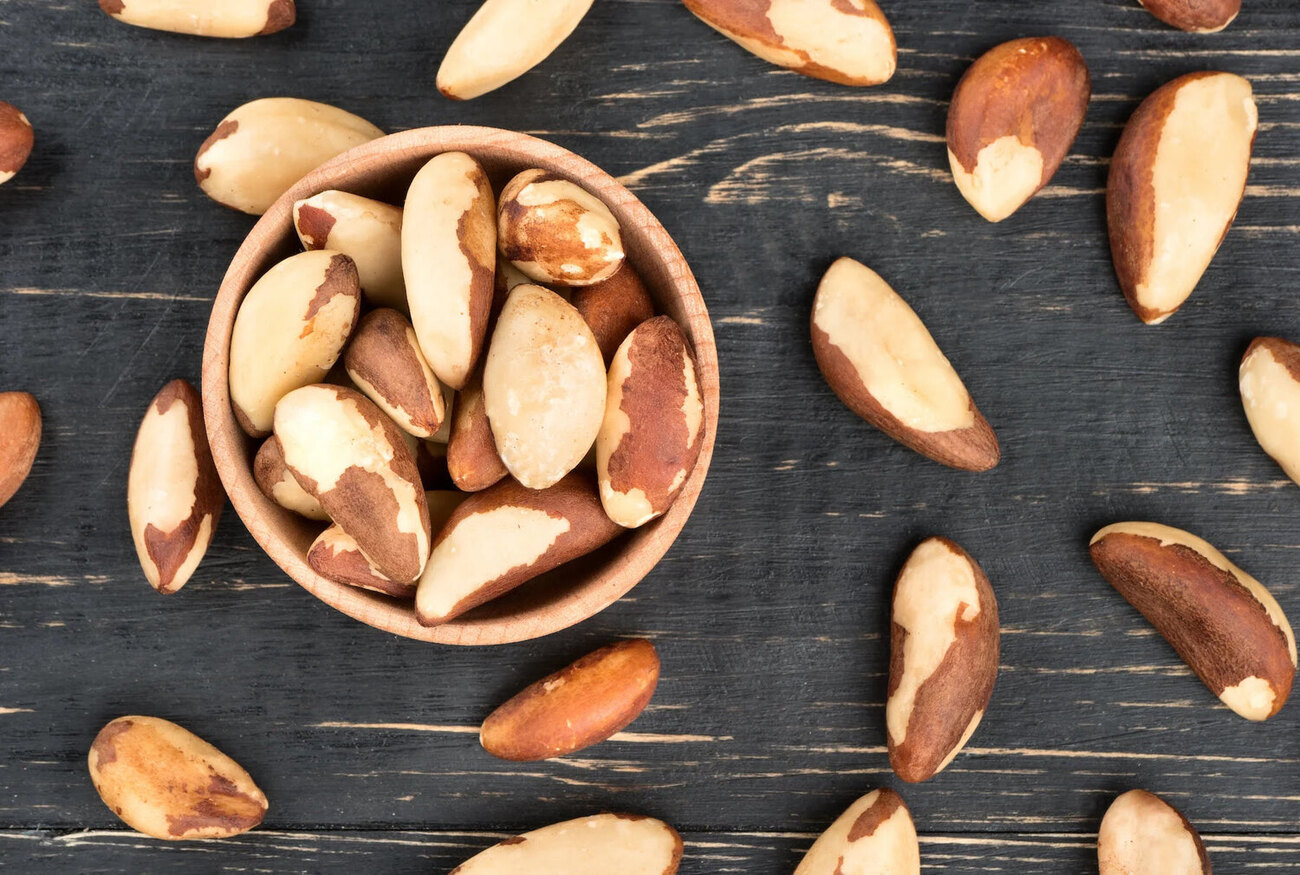

Articles
How To Store Brazil Nuts
Modified: December 7, 2023
Learn the proper way to store and preserve Brazil nuts with expert tips and step-by-step instructions. Explore our articles now!
(Many of the links in this article redirect to a specific reviewed product. Your purchase of these products through affiliate links helps to generate commission for Storables.com, at no extra cost. Learn more)
Introduction
Brazil nuts are a beloved treat known for their rich, creamy flavor and numerous health benefits. Packed with essential nutrients and healthy fats, Brazil nuts make for a nutritious snack option. However, to fully enjoy their flavor and reap their health benefits, it is crucial to store them correctly.
In this article, we will delve into the best practices for storing Brazil nuts to maintain their freshness and flavor. Whether you’re a fan of their distinct taste or use them as a versatile ingredient in your cooking, understanding how to properly store Brazil nuts will ensure they remain delicious and nutritious for an extended period of time.
To start, let’s explore how to choose fresh Brazil nuts before moving on to the various storage methods.
Key Takeaways:
- Store Brazil nuts in airtight containers at room temperature, in the refrigerator, or freezer to maintain freshness. Regularly check for spoilage signs and follow tips to extend shelf life.
- Choose fresh Brazil nuts, store them in airtight containers, and be mindful of their shelf life to enjoy their rich flavor and health benefits for an extended period.
Read more: How To Store Nuts
Choosing Fresh Brazil Nuts
When purchasing Brazil nuts, it’s important to select ones that are fresh and of high quality. Here are a few tips to help you choose the best Brazil nuts:
- Look for nuts that are plump and free from any cracks or blemishes on the shell. Damaged shells may indicate that the nuts are old or have been mishandled.
- Check the color of the nuts. Fresh Brazil nuts should have a creamy, pale beige color. Avoid nuts that appear excessively dark or discolored, as this may indicate spoilage or rancidity.
- Gently shake the nuts inside their packaging or bulk bin. If you hear a rattling sound, it could indicate that the nuts have dried out or have too much empty space inside the shell.
- Consider the source and the packaging. Look for reputable brands or suppliers that maintain high-quality standards. Additionally, opt for nuts that are stored in airtight packaging to protect them from moisture and prevent oxidation.
By selecting fresh and high-quality Brazil nuts, you’re setting the foundation for storing them effectively and enjoying their delicious flavor.
Storing Brazil Nuts
Proper storage is essential to preserve the freshness and flavor of Brazil nuts. Here are some tips on how to store them:
- Airtight Containers for Storage: Transfer your Brazil nuts to airtight containers to protect them from moisture and air exposure. Choose containers made of glass, metal, or BPA-free plastic. Ensure that the containers have a tight-fitting lid to maintain the nuts’ freshness.
- Room Temperature Storage: If you plan to consume your Brazil nuts within a few weeks, storing them at room temperature is acceptable. However, keep them away from direct sunlight and heat sources that can accelerate rancidity. A cool, dark pantry or cupboard is an ideal location for storing them.
- Refrigerator Storage: To extend the shelf life of your Brazil nuts, especially during warm and humid climates, refrigeration is a great option. Place the nuts in a sealed container or resealable bag and store them in the refrigerator’s main compartment. This can help slow down the oxidation process and preserve the nuts’ quality for up to six months.
- Freezer Storage: If you want to store your Brazil nuts for an extended period, freezing them is the best option. Before freezing, divide the nuts into small portions and place them in airtight freezer bags or containers. Label them with the date of freezing to keep track of their freshness. When properly stored in the freezer, Brazil nuts can retain their flavor and nutritional value for up to a year.
No matter which storage method you choose, be sure to seal the containers tightly to prevent moisture and air from reaching the nuts, which can lead to spoilage and loss of flavor.
Next, let’s explore the proper shelf life of Brazil nuts and how to identify signs of spoilage.
Airtight Containers for Storage
When it comes to storing Brazil nuts, using airtight containers plays a vital role in preserving their freshness and flavor. Here’s why:
An airtight container creates a barrier that prevents moisture, air, and odors from reaching the nuts. This barrier helps maintain the nuts’ texture and taste, extending their shelf life.
When choosing a container, opt for materials that are impermeable to air. Glass jars with tight-fitting lids, metal tins, or BPA-free plastic containers with reliable sealing mechanisms are all excellent options.
Here are some key considerations when selecting and using airtight containers for storing Brazil nuts:
- Size: Choose a container that can comfortably accommodate the quantity of nuts you plan to store. Avoid using large containers with ample empty space, as this can lead to increased air exposure.
- Cleanliness: Ensure the container is clean and dry before transferring the nuts to it. Any residual moisture or dirt can affect the nuts’ quality and lead to mold or bacterial growth.
- Sealing Mechanism: Check that the lid or closure mechanism of the container provides a tight seal. This will prevent air from entering and moisture from escaping, hence preserving the nuts’ freshness for a longer period.
- Storage Location: Place the sealed containers in a cool, dark place away from direct sunlight or heat sources. Exposure to heat and light can accelerate the nuts’ deterioration and result in the loss of their natural flavors and nutrients.
By using airtight containers, you can maximize the shelf life of your Brazil nuts and ensure that they remain delicious and enjoyable for an extended duration.
Now that you understand the importance of utilizing airtight containers, let’s explore the different storage options for Brazil nuts.
Room Temperature Storage
If you plan to consume your Brazil nuts within a few weeks, storing them at room temperature is a suitable option. However, it’s essential to keep a few factors in mind to ensure the nuts stay fresh and maintain their quality:
- Storage Location: Choose a cool and dark area in your pantry or cupboard to store the nuts. The temperature should ideally be between 65°F (18°C) and 75°F (24°C). Avoid storing them near heat sources or in direct sunlight, as excessive heat can cause rancidity and spoilage.
- Airtight Containers: Transfer the Brazil nuts from their original packaging to airtight containers to protect them from air exposure and moisture. This extra layer of protection will help maintain the nuts’ freshness and prevent them from absorbing any odors from the surrounding environment.
- Rotation: To ensure optimal freshness, plan to consume the nuts within a few weeks. Consider labelling the containers with the purchase or storage date as a helpful reminder.
It’s important to note that while room temperature storage is convenient, it may result in a shorter shelf life compared to refrigeration or freezing. The natural oils present in Brazil nuts can turn rancid over time, especially in warmer environments.
If you live in a particularly hot or humid climate, or if you want to extend the shelf life of your Brazil nuts, refrigeration or freezing is recommended. Let’s explore these options in the next sections.
Read more: How To Store Candied Nuts
Refrigerator Storage
Refrigerating Brazil nuts is a great option if you want to extend their shelf life and maintain their freshness. Here’s how to properly store them in the refrigerator:
- Transfer to Airtight Containers: Remove the Brazil nuts from their original packaging and place them in airtight containers. This step helps to protect the nuts from moisture and odors in the refrigerator.
- Temperature and Shelf Placement: Set your refrigerator to a temperature between 35°F (2°C) and 45°F (7°C). Store the containers of Brazil nuts in the main compartment of the refrigerator, away from any areas that experience temperature fluctuations, such as the door or near the back.
- Avoid Cross-Contamination: Keep the Brazil nuts away from strong-smelling foods, as they can absorb the flavors and odors. If possible, store the nuts in a separate section or on a higher shelf to minimize the risk of cross-contamination.
- Rotation and Shelf Life: While refrigeration can extend the shelf life of Brazil nuts, it’s still advisable to consume them within six months for optimal freshness and flavor.
Refrigerating Brazil nuts helps slow down the oxidation process and minimizes the risk of rancidity. However, it’s important to note that refrigeration can slightly alter the texture of the nuts, causing them to become slightly softer. Despite this change, the nuts will still be delicious and packed with nutrients.
Now that you know how to store Brazil nuts in the refrigerator, let’s explore the option of freezer storage for long-term preservation.
Store Brazil nuts in an airtight container in a cool, dry place away from direct sunlight. This will help preserve their freshness and prevent them from becoming rancid.
Freezer Storage
If you want to store Brazil nuts for an extended period, freezing them is the best option. Freezing helps to preserve the nuts’ freshness, flavor, and nutritional value. Here’s how to properly store Brazil nuts in the freezer:
- Divide into Portions: Divide the Brazil nuts into small portions or servings. This allows for easier defrosting and prevents the need to thaw the entire batch at once.
- Airtight Freezer Bags or Containers: Place the portioned nuts into airtight freezer bags or containers. Make sure to remove as much air as possible before sealing to minimize the risk of freezer burn. Alternatively, you can vacuum-seal the nuts to further protect them from air exposure.
- Label and Date: Label each bag or container with the date of freezing to keep track of the storage time. As a general guideline, Brazil nuts can maintain their quality for up to a year when properly stored in the freezer.
- Storage Location: Place the sealed bags or containers in the coldest part of the freezer, such as the back or bottom shelf. Avoid storing them near the door where temperature fluctuations are more likely to occur.
When you’re ready to use the frozen Brazil nuts, simply remove the desired portion from the freezer and allow them to thaw at room temperature. For a quicker thaw, you can also place the nuts in the refrigerator overnight.
It’s important to note that freezing may slightly alter the texture of Brazil nuts, making them a bit softer. However, their flavor and nutritional value will remain intact. Frozen Brazil nuts can be enjoyed as a snack or used in various recipes, such as baked goods, sauces, or smoothies.
With proper freezer storage, you can enjoy the taste and benefits of Brazil nuts long after their purchase date.
Now that you’re familiar with freezer storage, let’s explore the shelf life of Brazil nuts and how to identify signs of spoilage.
Proper Shelf Life of Brazil Nuts
Understanding the shelf life of Brazil nuts is crucial for maintaining their freshness and quality. The shelf life can vary depending on the storage method you choose. Here’s a breakdown:
- Room Temperature Storage: When stored at room temperature, Brazil nuts can maintain their flavor and texture for up to three months. However, keep in mind that they may start to turn rancid after this time frame due to the natural oils they contain.
- Refrigerator Storage: By refrigerating Brazil nuts, you can extend their shelf life significantly. When stored properly in the refrigerator, they can remain fresh and delicious for up to six months.
- Freezer Storage: Freezing is the best method for long-term storage. When stored in the freezer, Brazil nuts can retain their quality for up to a year, making them readily available for enjoyment whenever you desire.
It’s important to note that while Brazil nuts can technically be safe for consumption beyond these timeframes, their flavor, texture, and nutritional value may start to decline. It’s always best to err on the side of caution and adhere to the recommended storage guidelines.
Now that you have an idea of the shelf life of Brazil nuts, let’s move on to identifying signs of spoilage.
Signs of Spoilage
To ensure that you’re consuming fresh and safe Brazil nuts, it’s important to be able to identify signs of spoilage. Here are some common indicators that the nuts may have gone bad:
- Off Odor: If you detect a rancid or unpleasant smell coming from the Brazil nuts, it’s a clear sign that they have spoiled. Fresh Brazil nuts should have a mild, nutty aroma.
- Discoloration: Take note of any significant changes in color. Mold growth, dark spots, or an overall darkening of the nuts could indicate spoilage.
- Strange Texture: Spoiled Brazil nuts may become soft, mushy, or have a rubbery-like texture. They should have a firm and crunchy texture when fresh.
- Bitter Taste: If the Brazil nuts taste bitter or have an unpleasant aftertaste, it is a clear sign of spoilage.
- Mold or Insects: Visible mold growth or the presence of insects indicates that the nuts have spoiled and should not be consumed.
It’s important to trust your senses and use these indicators as a guide when assessing the quality of your Brazil nuts. If you observe any of these signs, it’s best to discard the nuts to avoid any potential adverse effects on your health.
To ensure the utmost freshness and flavor, it’s recommended to consume Brazil nuts within their appropriate shelf life and store them using the proper storage methods.
Now, let’s explore some tips for extending the shelf life of Brazil nuts.
Read more: How To Store Pine Nuts
Tips for Extending Shelf Life
To maximize the shelf life of Brazil nuts and keep them fresh for as long as possible, follow these tips:
- Proper Storage: Use airtight containers to store Brazil nuts, whether at room temperature, in the refrigerator, or the freezer. This helps to prevent moisture, air, and odors from compromising the nuts’ quality.
- Cool and Dark Storage: Store the nuts in a cool and dark place, away from direct sunlight or heat sources. Exposure to heat can accelerate the nuts’ deterioration and lead to rancidity.
- Regularly Check for Spoilage: Frequently inspect the nuts for any signs of spoilage, including off odors, discoloration, strange textures, bitter taste, or the presence of mold or insects. Discard any nuts that show these signs.
- Rotate Stock: If purchasing fresh Brazil nuts, consume the older nuts first to ensure that you’re always enjoying the freshest batch.
- Avoid Excessive Handling: Limit exposure to air by handling the nuts as little as possible. This prevents unnecessary oxidation and helps maintain their freshness.
- Avoid Moisture: Keep Brazil nuts away from moisture to prevent them from becoming damp, which can lead to mold and spoilage. Ensure that the storage containers and the environment in which they are stored are dry.
By following these tips, you can extend the shelf life of Brazil nuts and preserve their delightful taste and nutritional benefits.
Now, let’s summarize the key points discussed in this article.
Conclusion
Proper storage is essential for maintaining the freshness, flavor, and quality of Brazil nuts. By following the guidelines outlined in this article, you can ensure that your Brazil nuts stay delicious and nutritious for an extended period.
Start by choosing fresh nuts that are free from cracks and discoloration. Once you have your Brazil nuts, consider using airtight containers for storage to protect them from moisture and air exposure. Depending on your needs, you can either store them at room temperature for a few weeks, refrigerate them for up to six months, or freeze them for long-term preservation.
Remember to check for signs of spoilage regularly, such as off odors, discoloration, strange textures, bitter taste, or the presence of mold or insects. These indicators will help you determine if the nuts have gone bad and should be discarded.
To extend the shelf life of Brazil nuts, incorporate some key tips, such as storing them in a cool and dark environment, rotating your stock, minimizing excessive handling, and avoiding moisture exposure.
By practicing proper storage techniques and being mindful of the shelf life of Brazil nuts, you can enjoy their rich flavor and numerous health benefits for an extended period, whether as a snack or as an ingredient in your favorite recipes.
So, go ahead and store your Brazil nuts correctly, savor their deliciousness, and make the most of their nutritional value!
Frequently Asked Questions about How To Store Brazil Nuts
Was this page helpful?
At Storables.com, we guarantee accurate and reliable information. Our content, validated by Expert Board Contributors, is crafted following stringent Editorial Policies. We're committed to providing you with well-researched, expert-backed insights for all your informational needs.
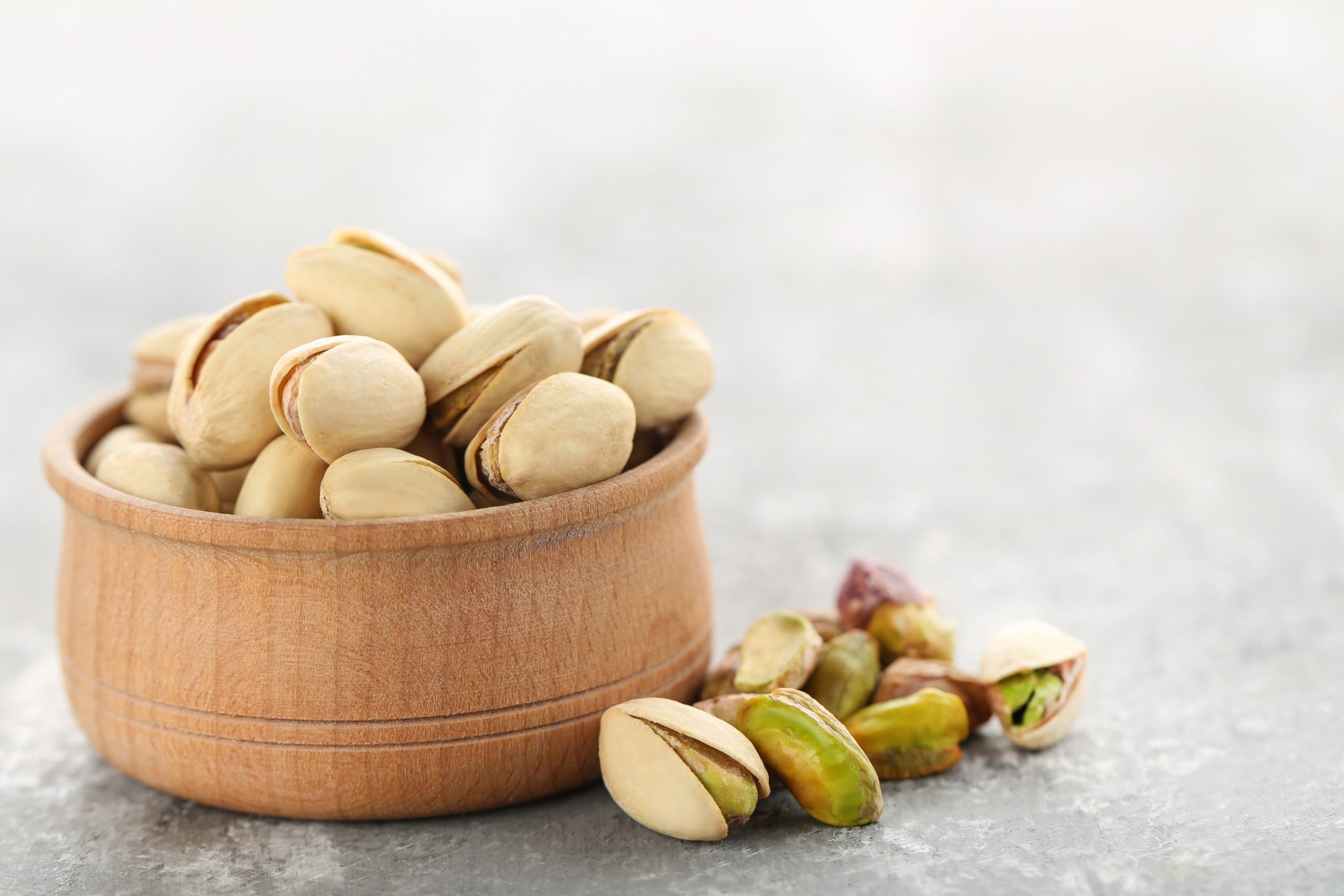
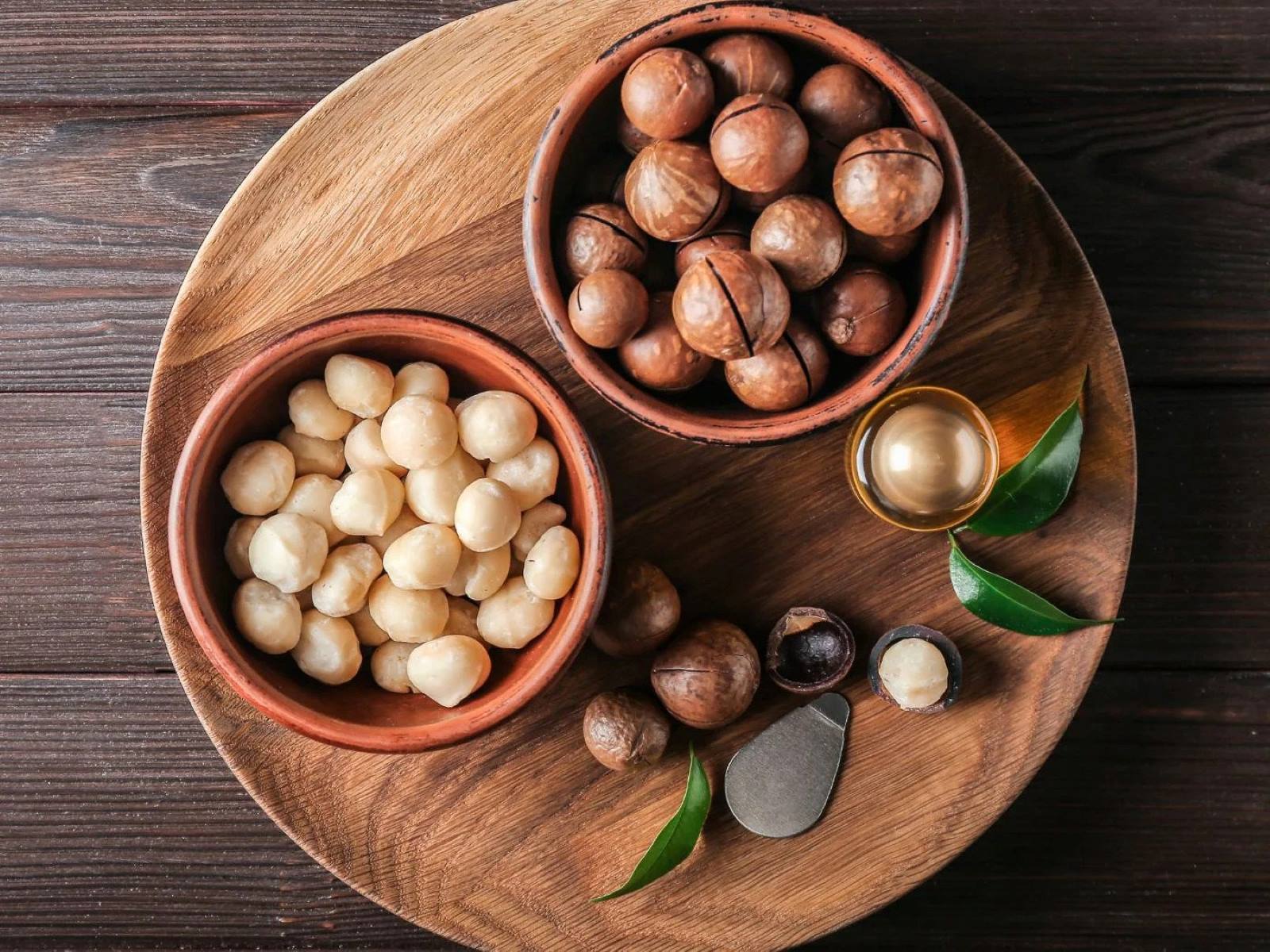
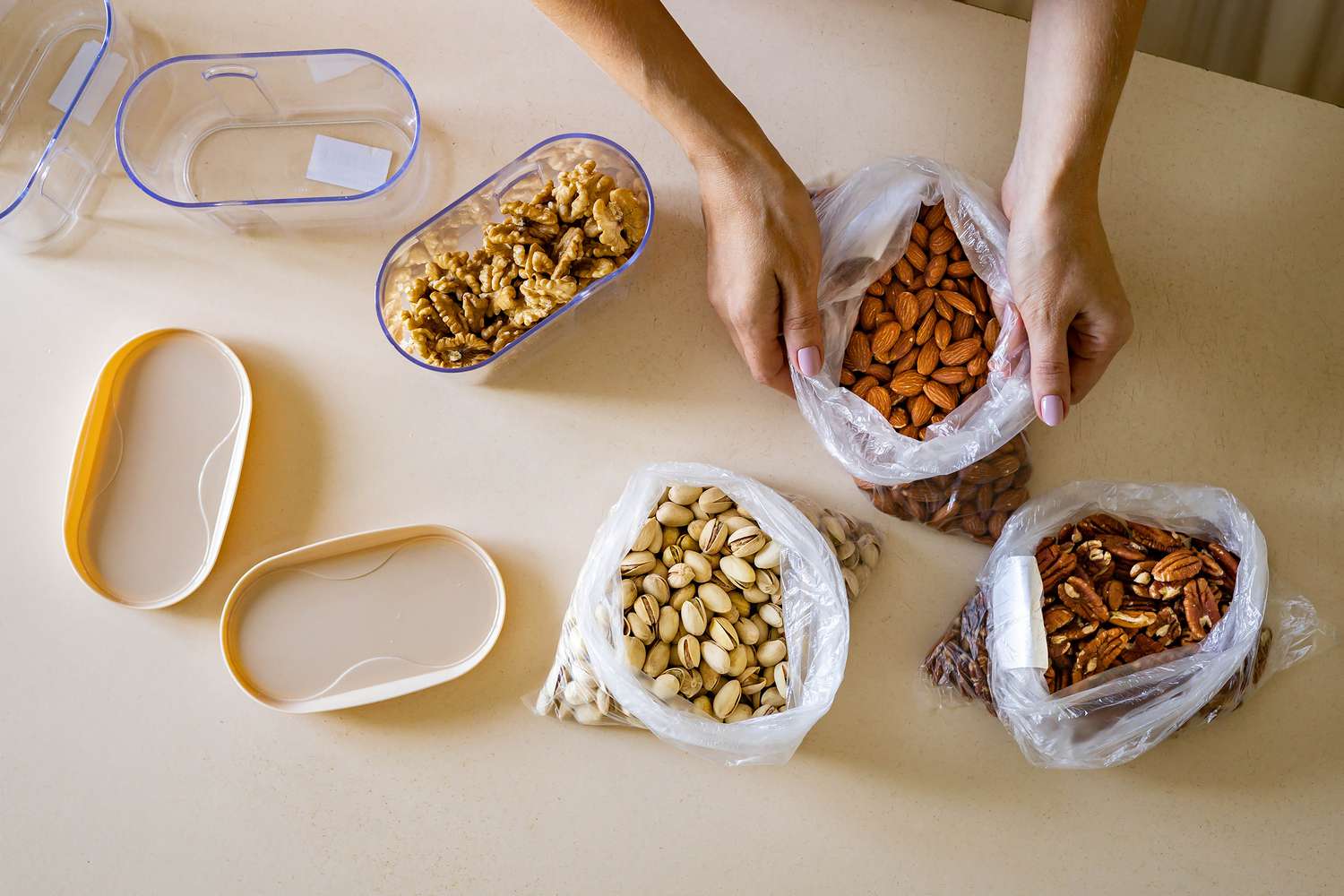
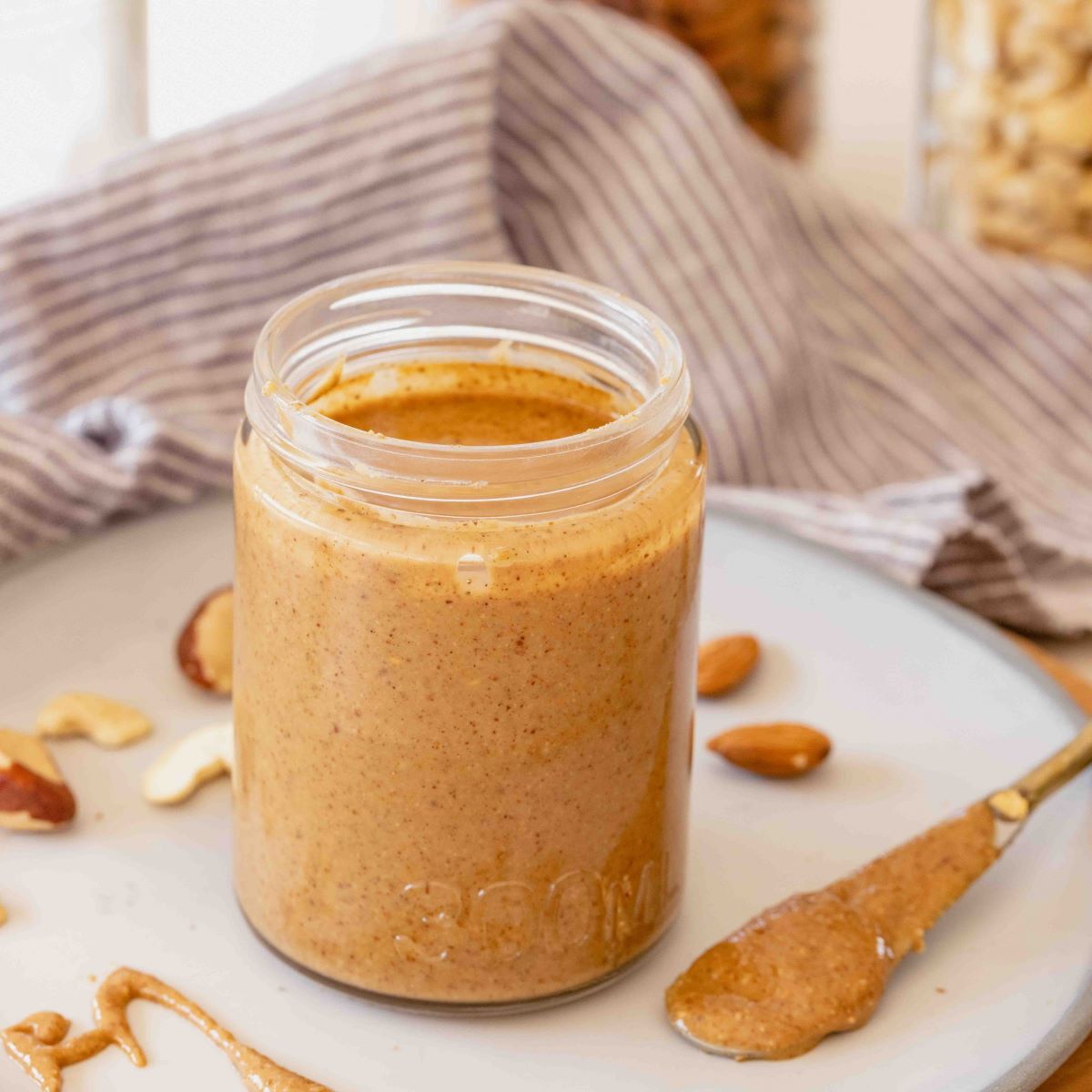

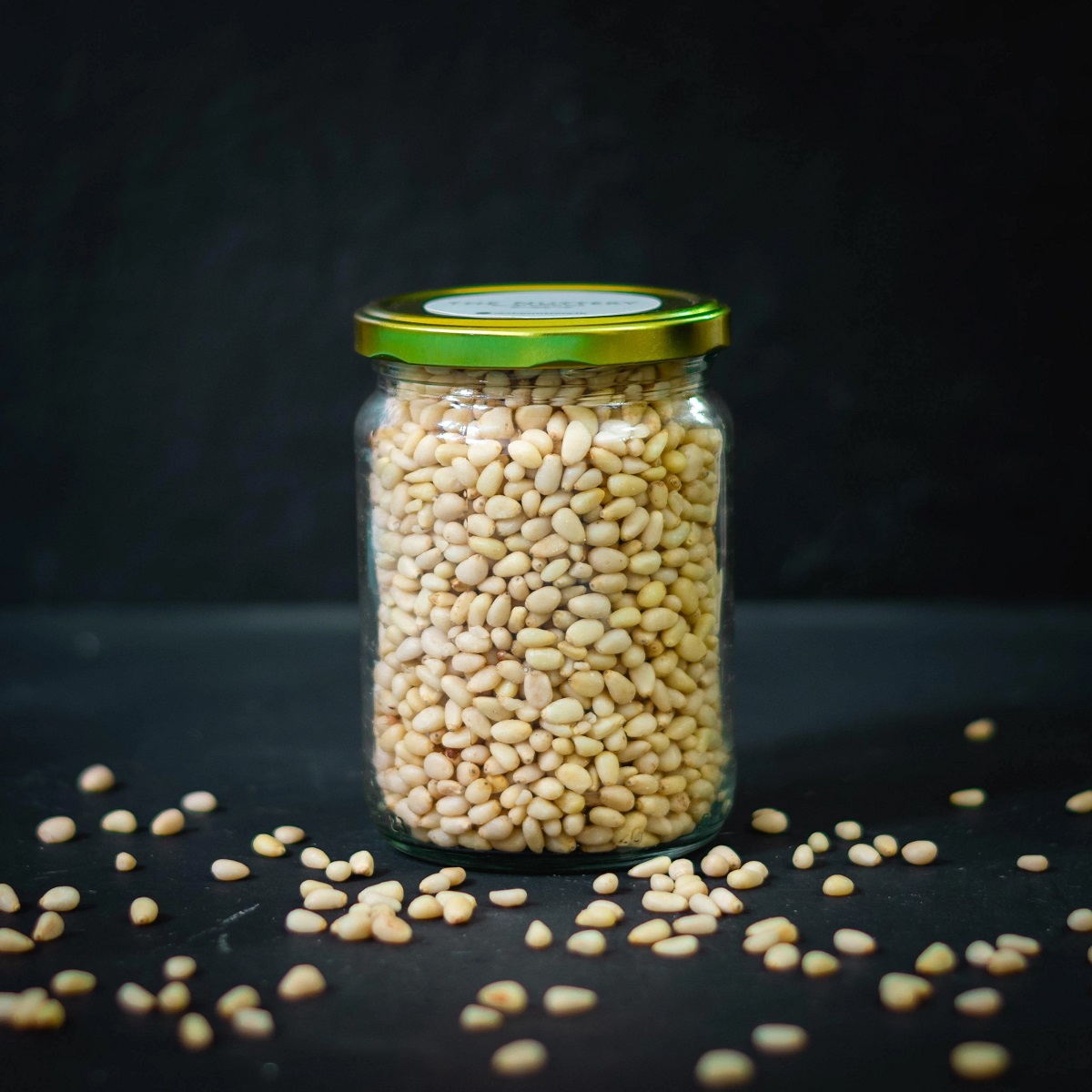
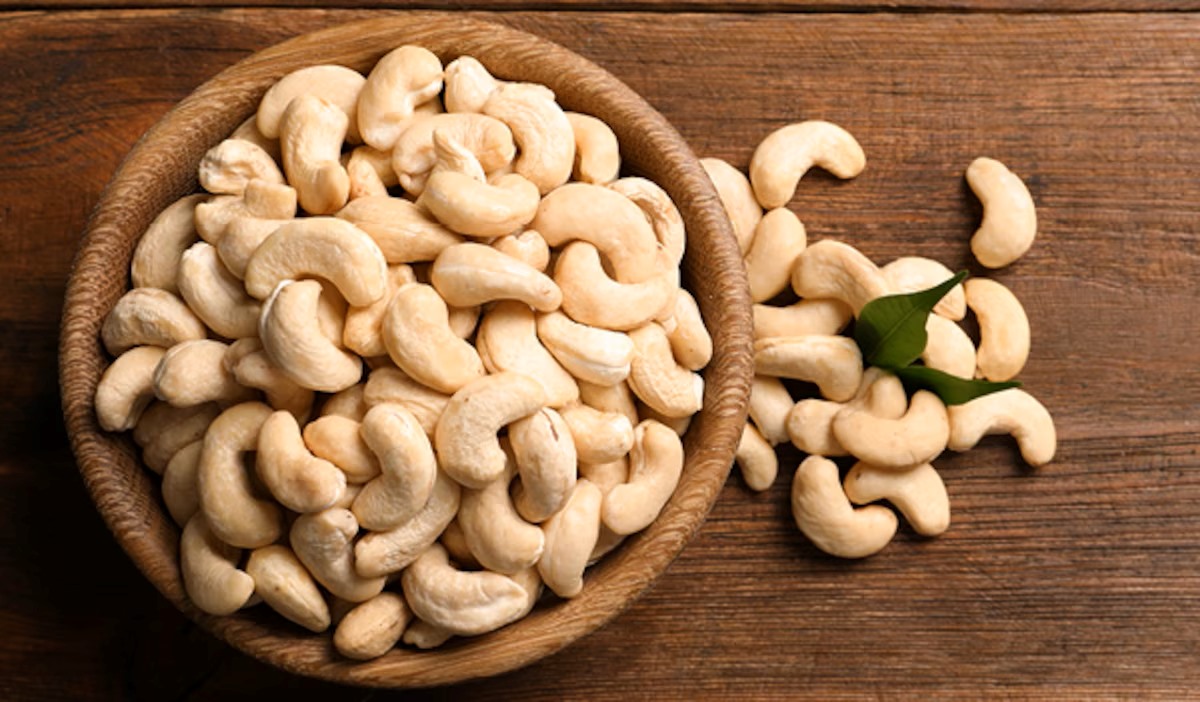
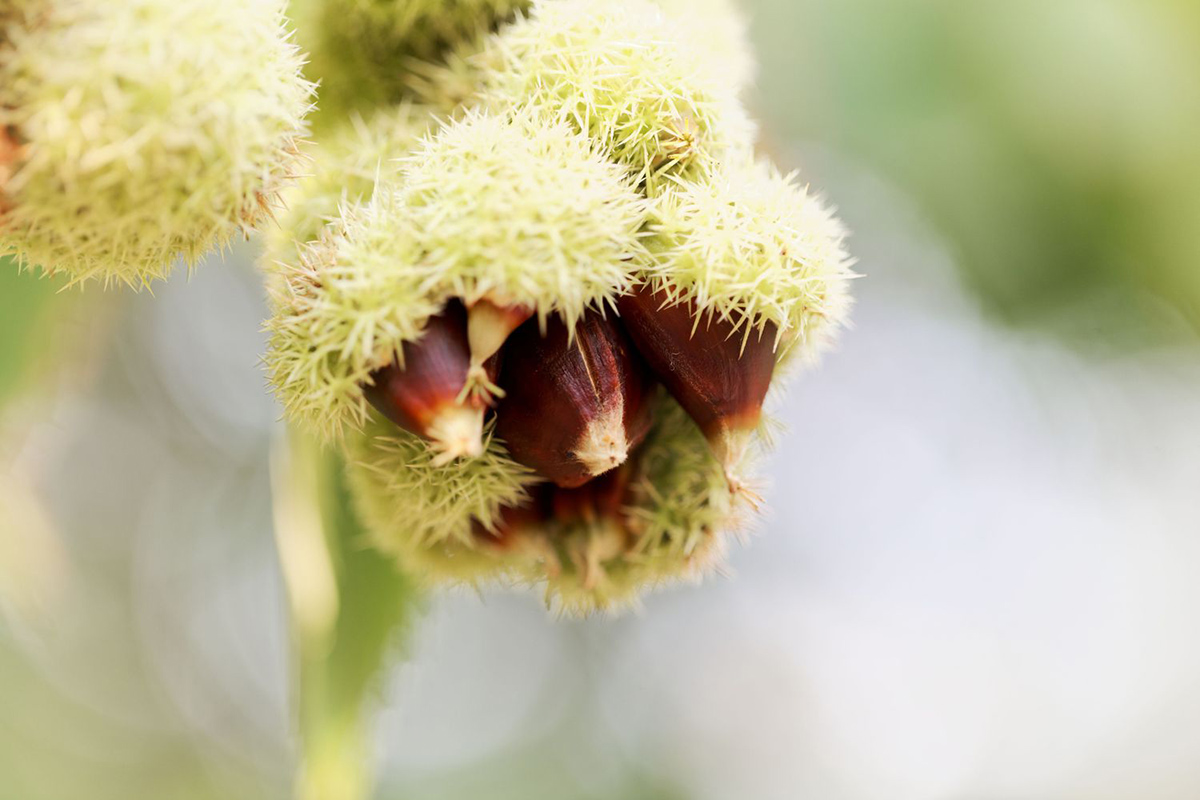
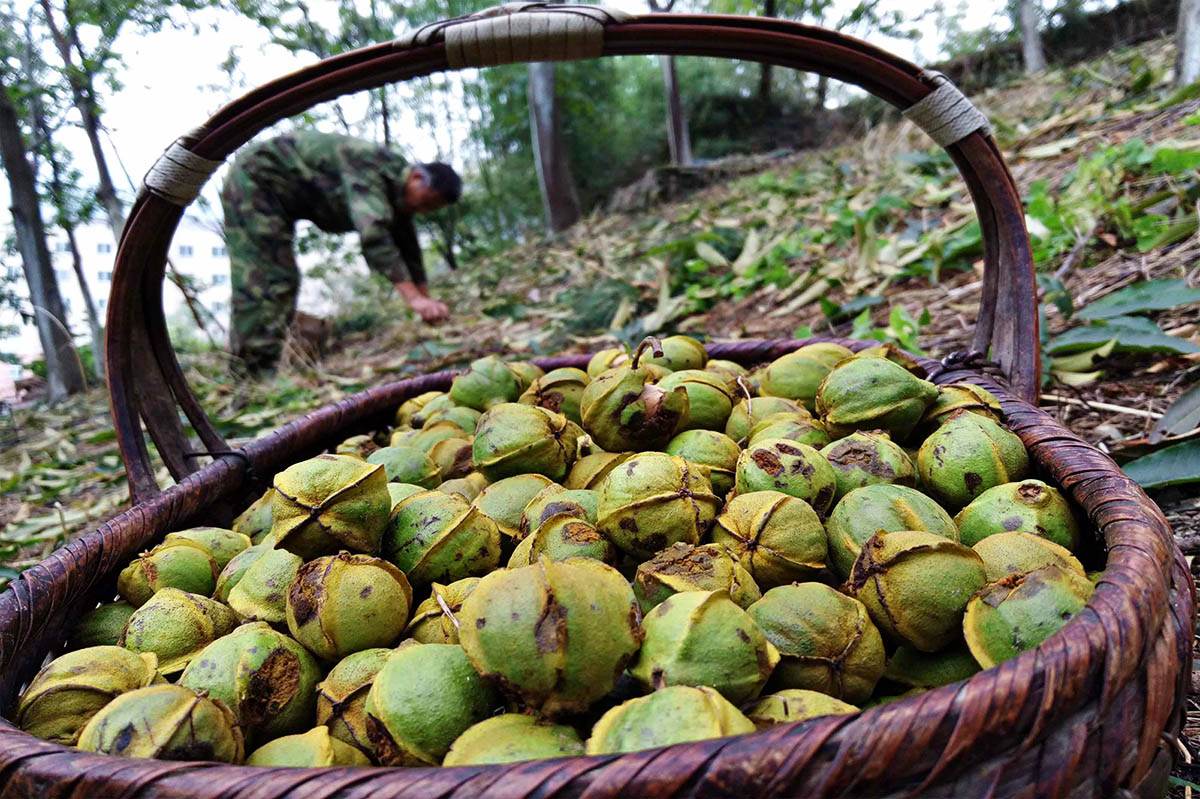

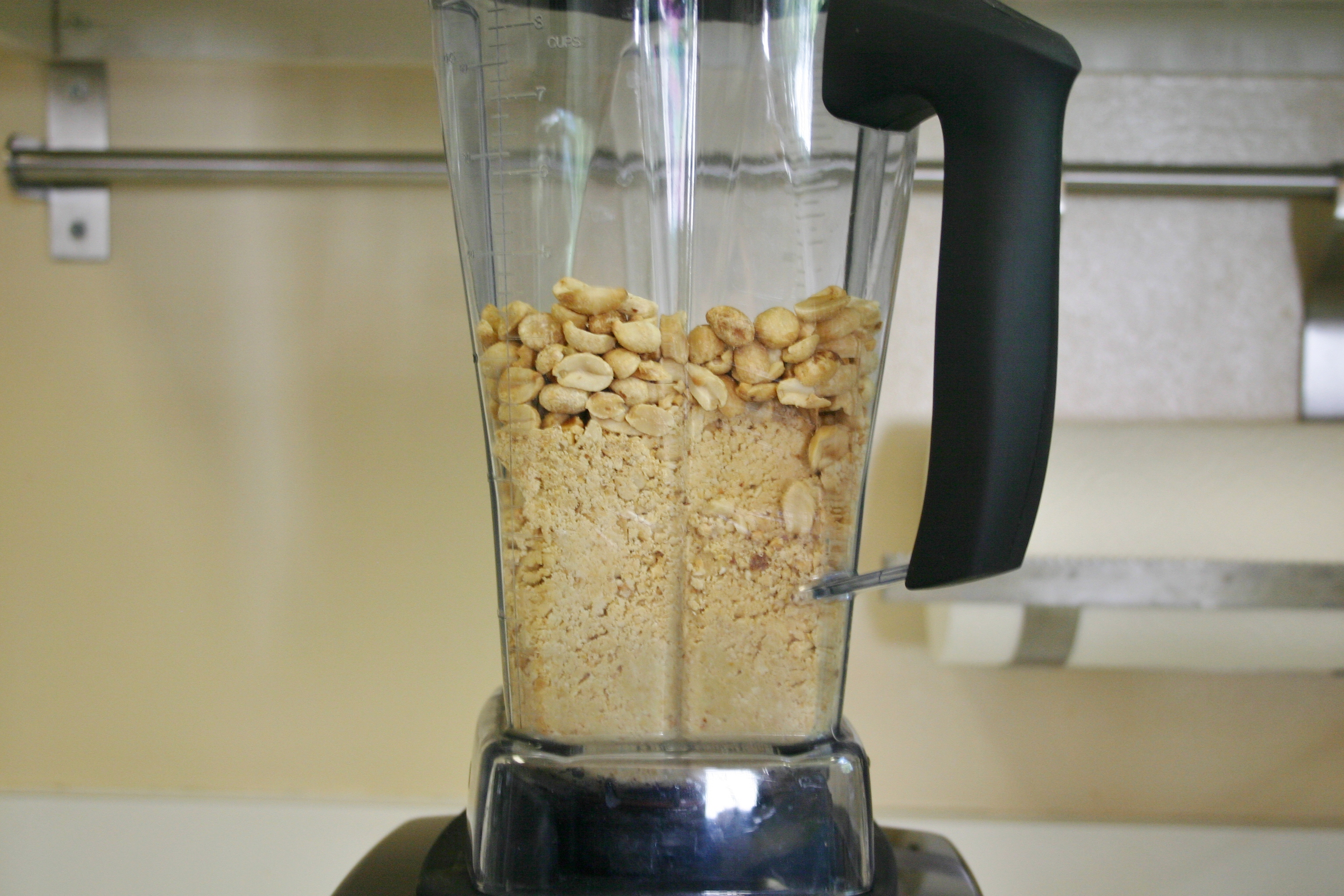
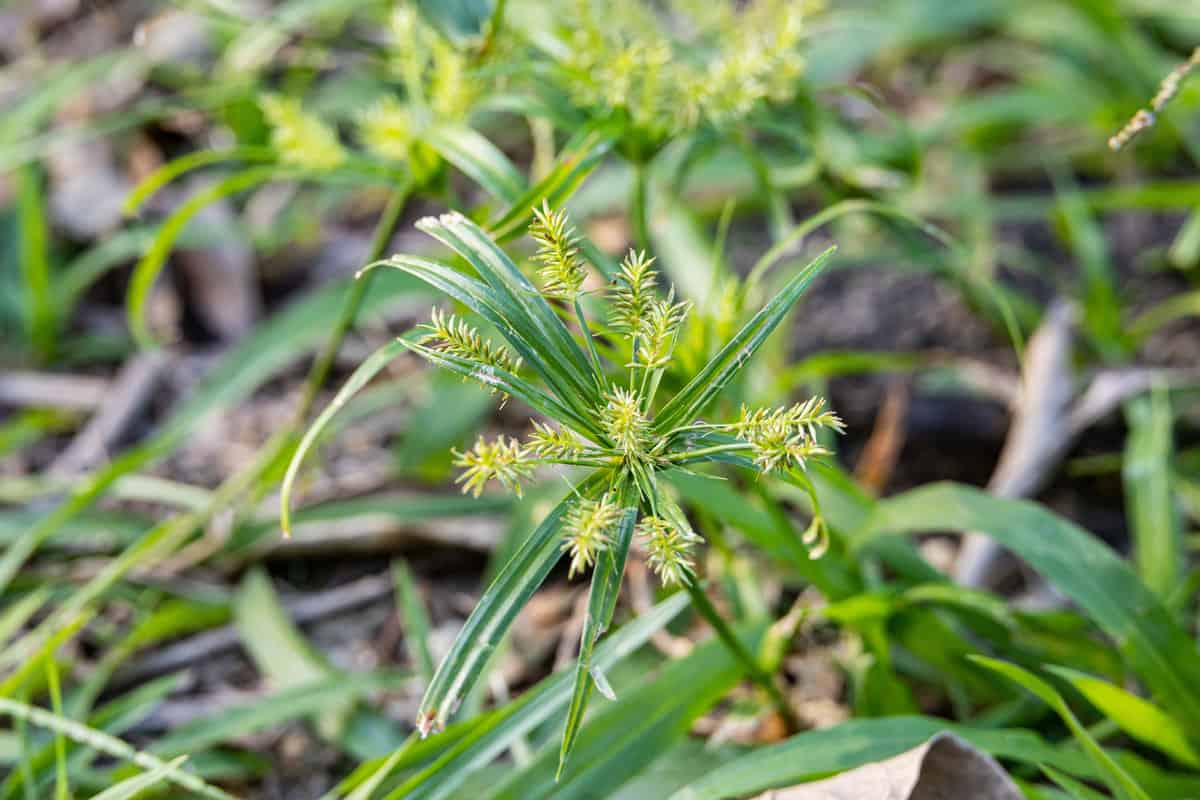
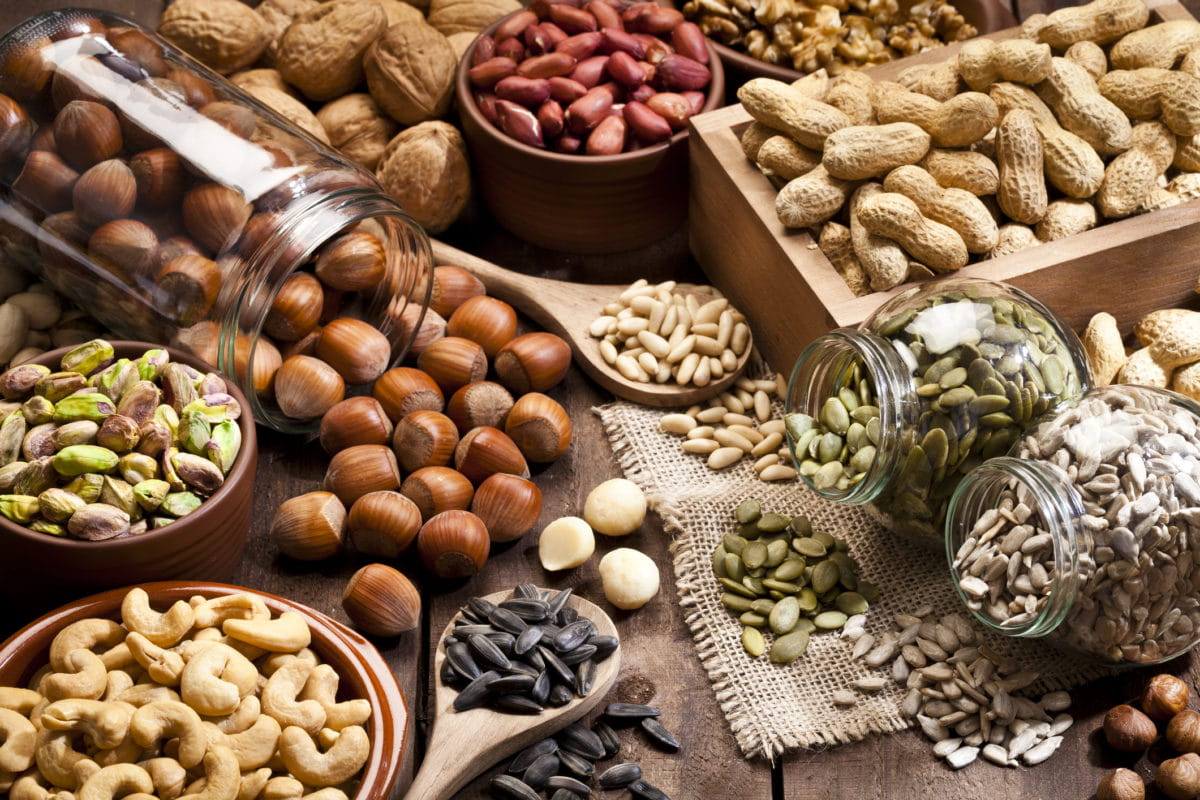

0 thoughts on “How To Store Brazil Nuts”